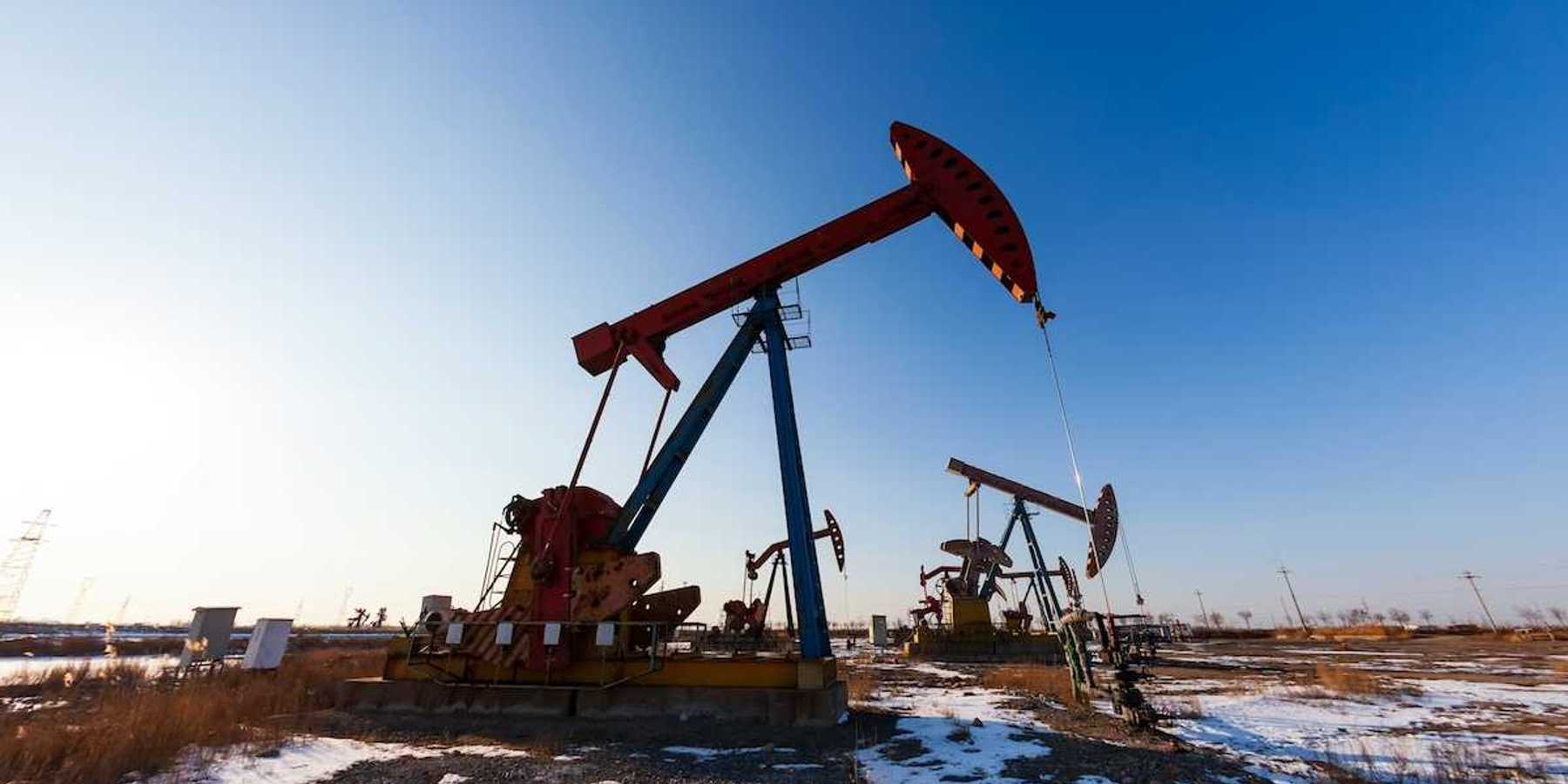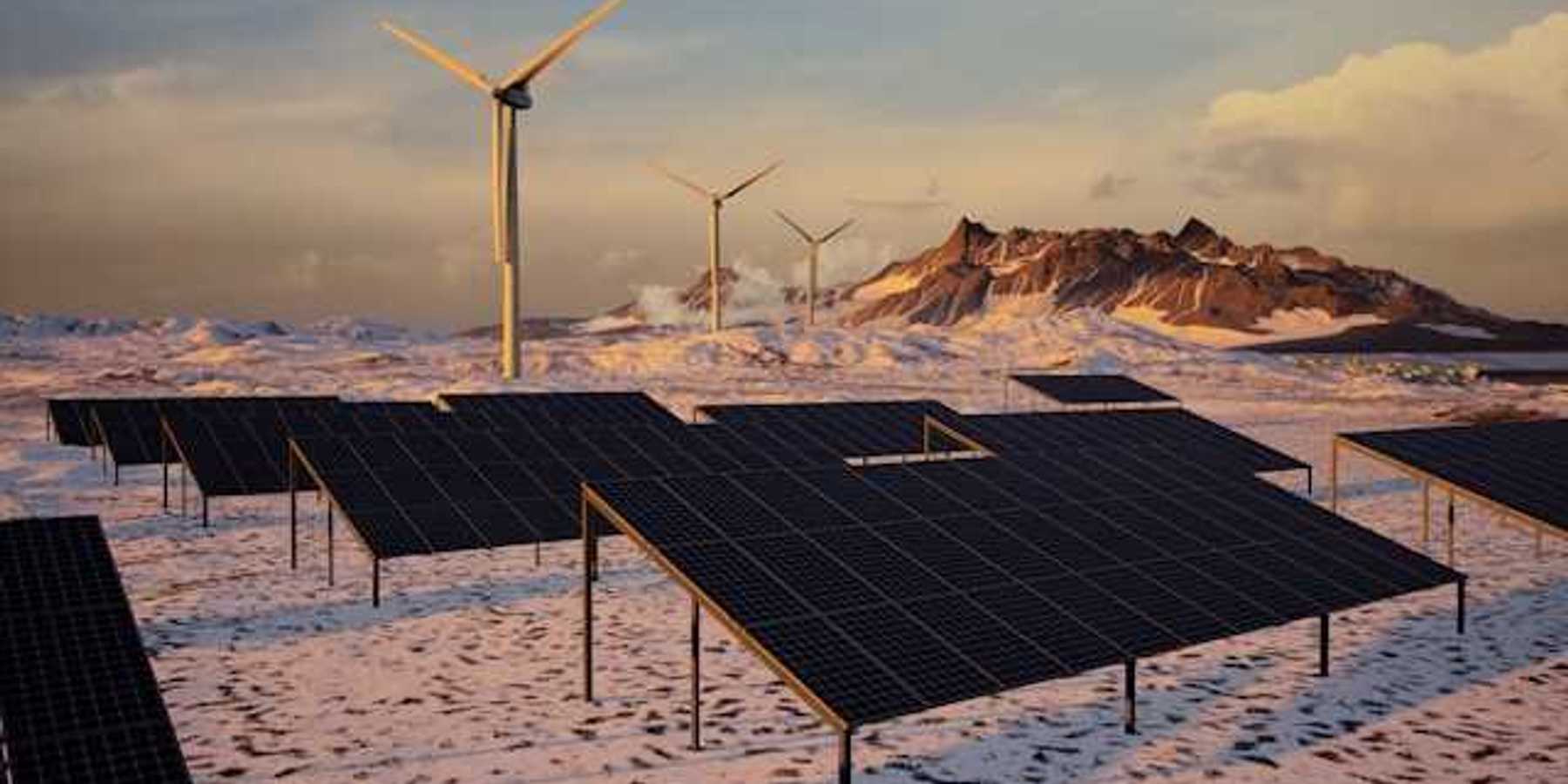South American nations struggle with enforcing environmental cleanup laws
A review of Peru, Colombia, Ecuador and Bolivia's environmental laws highlights a “lack of political will” for enforcement.
Yvette Sierra Praeli reports for Mongabay.
In short:
- South American countries have adequate laws for environmental remediation.
- Enforcement of these laws is weak, however, leading to ongoing pollution.
- Experts call for stronger political commitment to protect ecosystems.
Key quote:
"There is no political will, and when this government or others say that they are trying to increase foreign investment from transnational companies, they do this by not requiring them to exercise adequate environmental control.”
— Pablo Fajardo, Ecuadorian lawyer.
Why this matters:
Environmental legislation is crucial for safeguarding public health and ecosystems. Both domestic and transnational fossil fuel companies have left a legacy of toxic pollution in South American countries like Colombia, Ecuador and Bolivia, often with limited accountability for cleanup. The ongoing lack of transparency and yawning gap between policy and practice in South America has serious health implications for local communities and for local ecosystems.
Did you know: In the US alone, oil and gas production is responsible for $77 billion in annual health damages.
How can individuals influence their governments to enforce environmental laws more effectively?
AI-based tools helped produce this text, with human oversight and editing.













